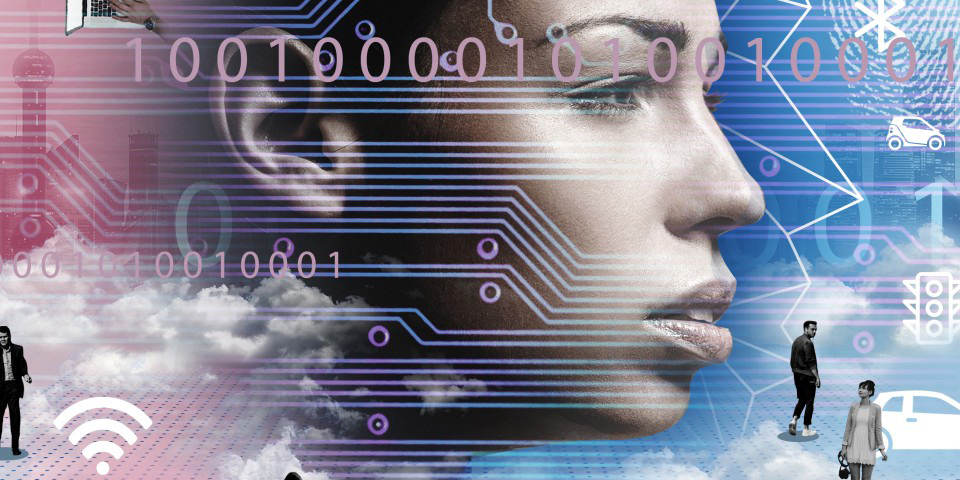The Digital Revolution refers to the advancement of technology from analog electronic and mechanical devices to the digital technology available today. The era started to during the 1980s and is ongoing. The Digital Revolution also marks the beginning of the Information Era. The Digital Revolution is sometimes also called the Third Industrial Revolution. Definition from Techopedia
Read TV & Movie Scripts?
12 Angry Men with Ofer Link Code
https://www.scriptcity.com/twelve-angry-men.html?acc=G0HUbrr6fFLqg5oRVsOrUenhliFI5hbs
History of Mass Media
1450 – Gutenberg press allows mass-producing of books (literary and non-fiction), pamphlets, and both socio-political and religious criticism.
1517 – Martin Luther nails “Ninety Five Theses” to church door in Wittenberg, Germany History of Mass Media
1844 – Samuel Morse granted patent for telegraph. 1848 – Associated Press founded
1877 – Thomas Edison invents the “talking machine” – a cylinder-based phonograph device to record and play back the human voice and music
1878 - Eadweard Muybridge create basis for motion picture camera with his work photographing horses History of Mass Media
1888 – Nikola Tesla develops the basis for AC power
1888-1891 – Edison and Dickson develop mass market arcade peephole film Kinetoscope
1895 – Lumière brothers in France create and exhibit the first projected motion pictures for audiences on theater screens History of Mass Media
1901 – Guglielmo Marconi sends and receives radio message across the Atlantic (Morse code, point to point)
1920 – First radio stations in U.S. and Canada broadcast news and entertainment History of Mass Media
1927 – Philo Farnsworth applies for electronic TV patents
1927 – The Jazz Singer released - first feature film that synchronized picture and sound
1946 - ENIAC, the first general purpose electronic computer, revealed to the public History of Mass Media
1947 – Red Scare leads to congressional investigation of Hollywood
1948 – Supreme Court hands down Paramount Decision, which broke up the vertical integration between the studios and their distribution channels (theater chains) that they owned, preventing an oligopoly (where very few players control all product manufacturing and distribution)
1950 – Red Channels: The Communist Influence in Radio and Television ruins careers History of Mass Media
1958 – Videotape introduced
1959 – Quiz show scandal rocks television industry
1960 – Kennedy-Nixon – the first televised Presidential debate
1969 – Arpanet starts to comes online as a military solution to prevent loss of knowledge due to nuclear strikes
1972 – First email sent by Ray Tomlinson at Cambridge, Mass History of Mass Media
1975 – Home Box Office (formed by Time, Inc. in
1972 – Begins satellite distribution of TV; Ted Turner starts first “superstation”
1975 – Sony Betamax home videocassette recorder introduced
1975 – Microsoft is founded by Bill Gates and Paul Allen History of Mass Media
1976 – Matsushita introduces VHS
1977 – Apple II home computer released
1978 – Laser disc player introduced. It was largely a failure, but opened door for CDs as a medium in
1983 1979 – Sony Walkman appears in Japan
1981 - IBM PC launches with MS-DOS and Intel 8088 processor History of Mass Media
1989 - Tim Berners-Lee writes proposal for World Wide Web
1994 - Yahoo, Netscape, Monster, Amazon, Hotwired, Pathfinder all launched
1995 – eBay is founded
1998 – Two Stanford students found Google
1998 – The roots of PayPal go online under the name Confinity History of Mass Media
2001 - Apple introduces iTunes
2002 – PayPal becomes a subsidiary of eBay
2003 – Myspace and LinkedIn launched
2004 - Google IPO, Facebook, and Digg launch
2004 - Tim O’Reilly describes “Web 2.0”
2005 – YouTube is launched as a public space for digital online video content
2007 - iPhone debuts, launching the current era of apps and mobile media creation and distribution History of Mass Media
2010 - iPad launches in April 2010 - Instagram, Pinterest, Flipboard launch
2011 - News Corp. sells MySpace
2012 - Facebook IPO and acquires Instagram History of Mass Media
2013 - Yahoo buys Tumblr for $1.1 billion
2013 - Jeff Bezos buys The Washington Post for $250 million
2014 - Facebook acquires WhatsApp for $19 billion
2015 - Apple Watch launches
2016 – Facebook and other social media networks infiltrated with false content pushed by external political forces to meddle in the US Presidential Election.
What is social media?
Internet-based software and interfaces that allow individuals to interact with one another, exchanging details about their lives such as biographical data, professional information, personal photos and up-to- the-minute thoughts. Definition from Investopedia
Some current examples of social media Facebook LinkedIn Instagram Twitter Google + Youtube Pinterest Snapchat And many more…
What is an ePortfolio?
An electronic portfolio (also known as an eportfolio, e- portfolio, digital portfolio, or online portfolio) is a collection of electronic evidence assembled and managed by a user, usually on the Web. Such electronic evidence may include input text, electronic files, images, multimedia, blog entries, and hyperlinks.

